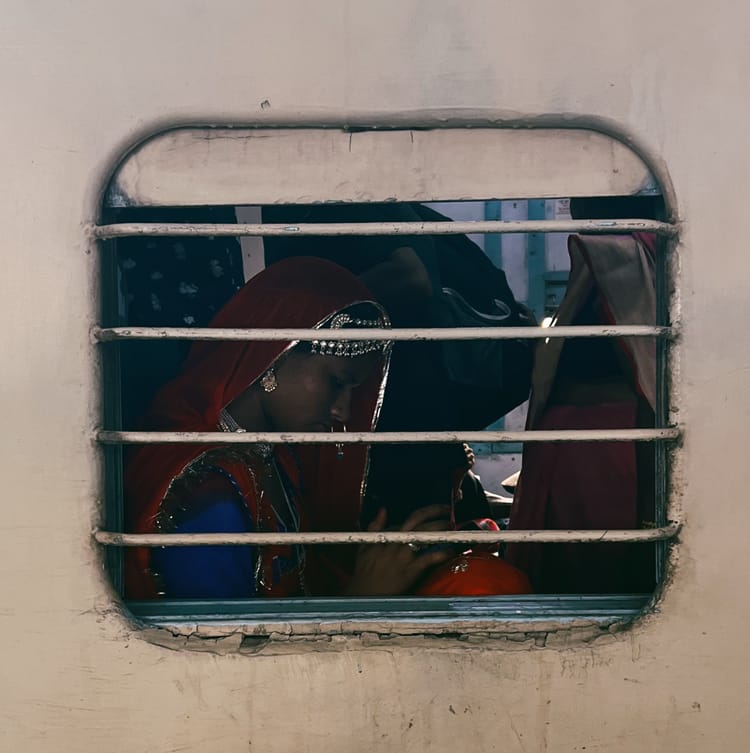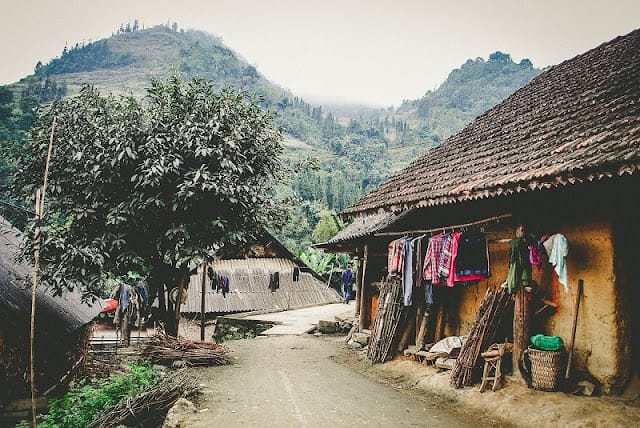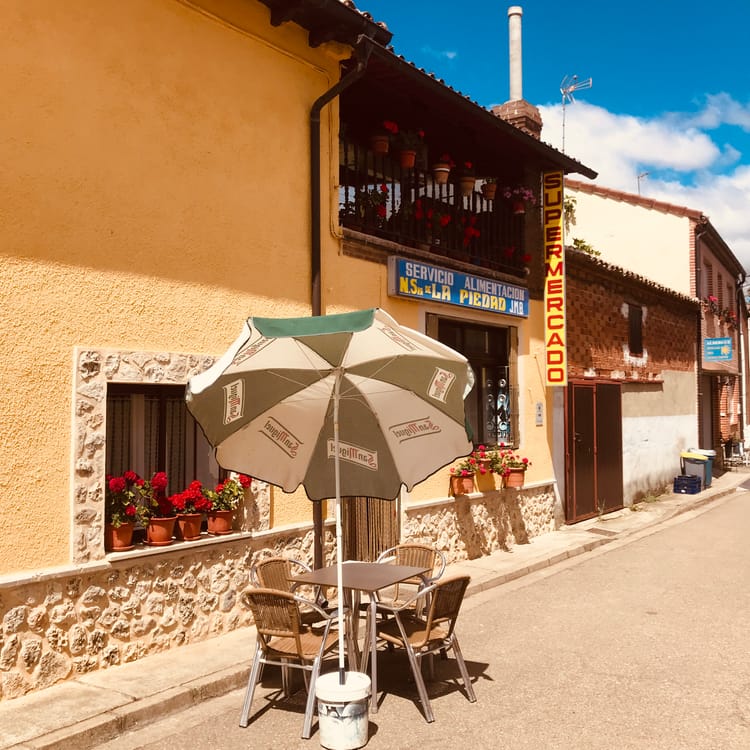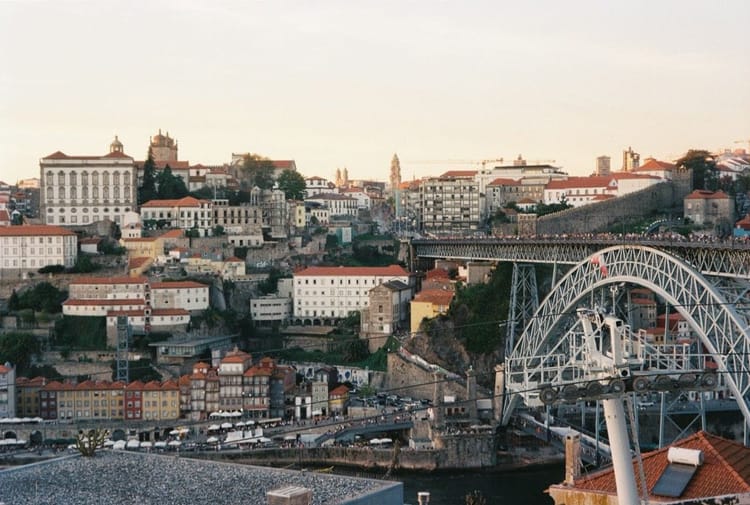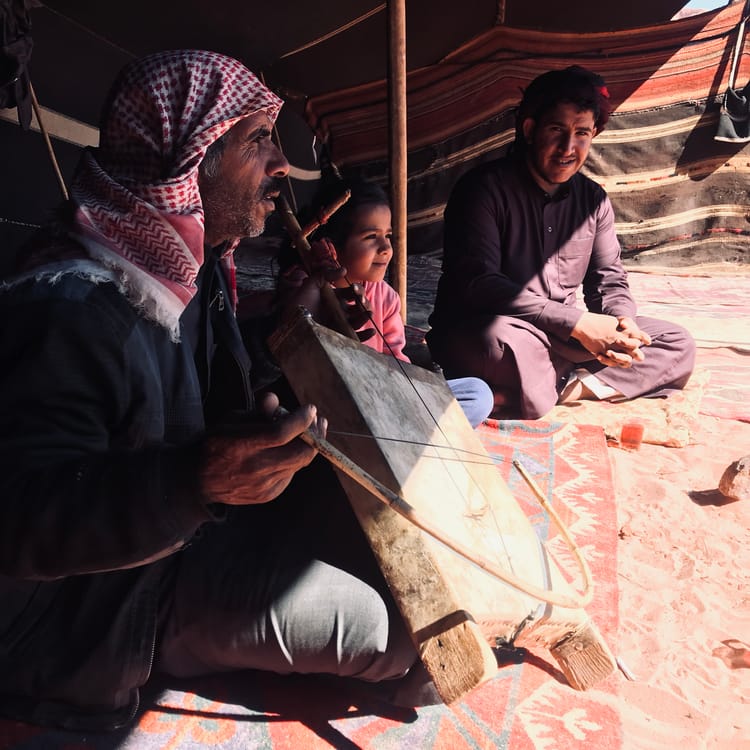Death in the Caucasus
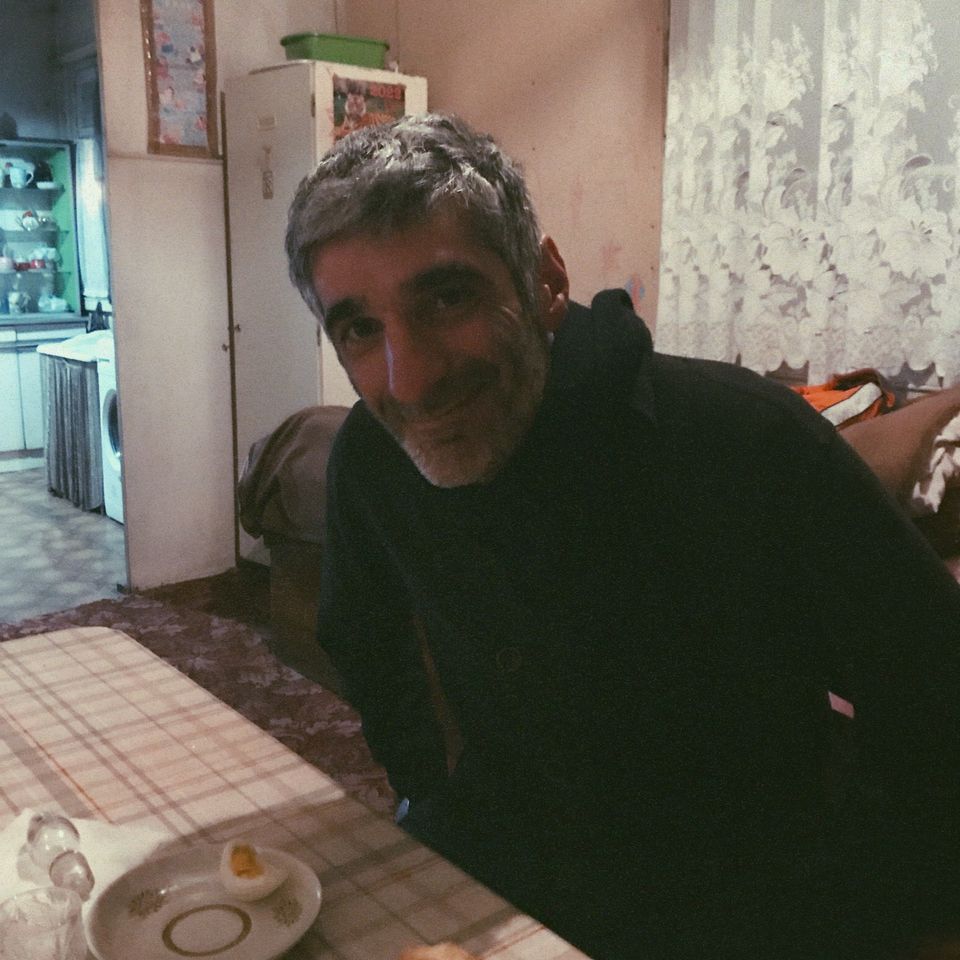
We were sitting in the kitchen shooting whiskey while the rigor mortis claimed her body above us.
Tamaz drunkenly stumbled between pouring his heart out pitifully, diving into obscene tangents, and pouring another glass as he casually explained my presence to the hosts.
There was no truly feasible explanation.
You invite guests off the street to a barbecue, a birthday, or a wedding, but the deathbed of your childhood friend's mother was a s t r e c h.
I'd spent every few minutes excusing my intrusion only to be offered more shots and further questions about my travels.
The family would cry in undulating waves of affection and emotion, regaling each other with memories, while I sat there expressing empty condolences and bathing in the awkwardness.
They'd casually switch between a conversational lightness and heaviness, the hallmark of true grief.
Leaving the haggard bus earlier that afternoon, I'd known that something strange would happen in this freezing, ramshackle little town on the edge of the Caucasus Mountains.
Sometimes it's just a feeling.
Cognizance of the absurd, the edges of normal waking consciousness touching the boundary of the surreal.
A wormhole into the bizarre.
After trawling the backstreets for hours, knocking on doors like a nativity sketch, I found a room in the outhouse of a guy who resembled Ivan Milat's fishing buddy. The kind of guy who's creepy enough to befriend a serial killer but doesn't know about the bodies in the freezer.
Eager to avoid my new digs, I'd encountered Tamaz parabolically wobbling on the footpath, steaming from three sleepless days of drinking.
His best friend had accidentally shot himself in a vodka-fueled adventure, I pieced together later, and the shock had hurled him into a bender of epic proportions. Pushing an already shaky existence over the edge, Tamaz was surely speeding towards the same fate at high velocity.
Tamaz had lived and worked as a contractor in Iraq and Iran, among a handful of other countries.
He was out of his mind, but he wasn't stupid.
He possessed the vernacular and the worldview of a curious, well-read, and well-traveled person: further proof to me of the irrelevance of formal education.
The smartest people I've ever met are often the least "educated": something I wish I'd known when I was younger and spoon-fed vomit by an educational system that propagated academic success as the key to being Masters of the Universe.
Our man was on a mission of distracted self-destruction in this little Georgian town, and the sight of a foreigner was the perfect diversion. He'd suggested we drink at his place, and I'd gladly accepted as we began to do the rounds of his friend's houses dotted throughout the village.
We were welcomed warmly into several houses of varying degrees of dilapidation, the only seemingly common thread being the unanimous reaction to this unlikely duo at the door.
Tamaz's friends were hospitable and gracious, albeit visibly concerned by his erratic behavior.
The last "house" was barely a room on the top floor of a wooden shack.
It was dark and filthy, guarded by a gnashing dog chained to a terrifyingly flimsy wooden post. Inside, two 30-something men were lying on a pair of single beds covered in piles of clothes. The room was enveloped by piles of rubbish scattered like used chocolate wrappers. They were high and helplessly glued to a little flashing box in the corner—a TV I hadn't seen in 25 years.
Zombies, their mumbled questions exacerbated the energetic density of the bare, stained walls as they wasted away in a malaise of intoxicants and broken dreams.
It's a scene that etched itself into the insides of my eyelids.
Finally, we reached Tamaz's house.
He lived with his elderly mother in a weathered building off the main street. She didn't speak a lick of English, but her warmth, as she offered me two boiled eggs, some cheese, and bread, once again showed me that kindness transcends language.
That a 40-year-old was living in poverty with his ailing mother told me all I needed to know about Tamaz's situation.
We drank unidentified spirits, sprinkling salt on our eggs while his mother and I laughed sheepishly at our mutual lack of understanding.
There's something touching about these moments. A simplicity: food, company, laughter. We're forced to realize that we don't need much in life to be happy. And Tamaz and his mother embodied this sentiment.
Despite our interaction, I said goodbye to his mother, tinged with sadness. She certainly wasn't miserable; if she was, she'd done her best to make me feel welcome, but her life there couldn't have been easy.
I reflected on the privileges I'd been casually granted throughout this cosmic ovarian lottery as we made our way to yet another friend's house.
How many had I squandered in ingratitude and ignorance?
How many do we all naively expect to be there tomorrow?
It's a question that unavoidably arises when we recoil from the well-trodden tourist traps and seek to taste real life out there. I believe that's why so many people refuse to see the world. It's often a painful mirror. Confronting in a way that most people would rather avoid with their Marriot buffet breakfasts and group tours.
Eventually, we arrived at a large baronial house.
Unlike the others, this was well-kept, airy, and owned by people who had their shit together.
We entered through the back gate, the international sign of close friendship.
Almost instantly, I recognized a foreboding heaviness in the air, a somber element to the gathering seated around the kitchen table. The murmur was interrupted by Tamaz's uncomfortably loud entrance, me trailing behind, wondering what the fuck I was walking into.
We joined the group, the hosts politely greeting me with handshakes and offerings of whiskey, wine, bread, and cheese.
No matter where you arrive in Georgia, wine and cheese are offered in abundance. It is, after all, the birthplace of wine; it's cheap and delicious.
Within five minutes, I regretted not retiring to my Blair Witch den.
A softly-spoken, articulate, and uncomfortably sober man opposite me explained that I'd arrived at an impromptu family gathering.
Nice enough, but their beloved mother had died an hour earlier, and the three siblings and their partners had rushed to the house to console each other.
I'd just walked into a wake, and their mother's earthly carcass was disintegrating above us.
I tried to leave, but they wouldn't have it.
I was a guest, and courtesy dictated that I stay and accept every round put in front of me.
If ever I've wanted to vanish into the ether, this moment takes the cake.
We sat for hours discussing life and death, politics, and Georgian history without a semblance of feeling unwelcome. I'd intruded on one of the most poignant days of their lives, and yet, I was treated as family. I considered how quickly I'd be told to leave if we'd been in Australia.
Naturally, in such a small town, the news of a death was public knowledge within hours. The drinks kept flowing, and a steady flow of well-wishers arrived and departed.
By the time the priest arrived and I stumbled out the door, I curiously resembled Tamaz earlier that morning, swaying to an unknown rhythm as I meandered my way home.
Lying in the darkness, I called Maia to share the absurdity of the last 10 hours, lest memory begin to warp the strangeness of the experience.
A realization occurred as sleep claimed me:
All truly magical moments in life are directly correlated to our ability to be terrifyingly comfortable in ambiguity.
Our experiences expand and contract according to our ability to say yes.

